
The U.S. Department of Justice (DOJ) is suing payments giant Visa for allegedly maintaining an illegal market monopoly to keep smaller competitors in check. In a press release, the DOJ says it’s filing a civil antitrust lawsuit against Visa, accusing the payments firm of illegally maintaining dominance over the debit network markets. Antitrust laws were […]
The post $7,000,000,000 in Fees Drained From Customers and Businesses Every Year in Visa’s Alleged Monetary Monopoly: US Department of Justice appeared first on The Daily Hodl.

According to a report, the two companies spent a combined $80 million lobbying against credit card competition acts.
Consumer watchdog organization Accountable.US recently published a report accusing finance giants Visa and Mastercard of operating as a duopoly to prevent competition in the debit and credit card payments sector.
According to the report, which has been viewed by Cointelegraph, the two companies have spent more than $80 million lobbying against legislation that would allow competitors access to the payments sector.
Because Visa and Mastercard account for the majority of credit and debit card transactions in the United States, Accountable.US alleges that they’re responsible for the “sky-high” swipe fees faced by both consumers and businesses.
 Visa has launched the Visa Tokenized Asset Platform (VTAP), a new product designed to help banks issue fiat-backed tokens on the Ethereum blockchain. This platform aims to digitize and automate the trading of real-world assets, such as commodities and bonds, using smart contracts. VTAP provides financial institutions with the tools and infrastructure needed to tokenize […]
Visa has launched the Visa Tokenized Asset Platform (VTAP), a new product designed to help banks issue fiat-backed tokens on the Ethereum blockchain. This platform aims to digitize and automate the trading of real-world assets, such as commodities and bonds, using smart contracts. VTAP provides financial institutions with the tools and infrastructure needed to tokenize […]

The suit alleges that Visa purposely made it difficult for competitors to participate in the payments market.
The United States Department of Justice (DOJ) has filed an antitrust suit against payments giant Visa for allegedly operating a debit payments monopoly.
A complaint filed in a federal court in New York on Sept. 24 alleged that Visa uses exclusivity agreements and the threat of penalties against vendors to prevent competition from infringing on the company’s market share.
Visa reportedly commands a 60% market share in the US debit transactions sector, allowing the firm to reap $7 billion in transaction fees alone.

The large private companies will work with seven central banks on improving structural inefficiencies in international transfers.
The Bank for International Settlements’ (BIS’) Project Agora has progressed to the design stage with the onboarding of 41 private financial firms. The project, launched in April by the BIS and seven central banks, is looking at how tokenized commercial bank deposits can be integrated with tokenized wholesale central bank digital currencies (CBDCs) on a single platform.
The regulated private-sector participants include Visa and Mastercard, SWIFT, the Swiss SIX Digital Exchange, Japan’s Monex Group financial services firm, clearing companies and a host of large banks. The Institute of International Finance, a financial services trade group, was chosen to convene the private participants, which responded to a call for participation issued in May.
Project Agora is now the largest BIS project in terms of participants. The private-sector members join the Bank of France (representing the Eurosystem), Bank of Japan, Bank of Korea, Bank of Mexico, Swiss National Bank, Bank of England and the Federal Reserve Bank of New York.
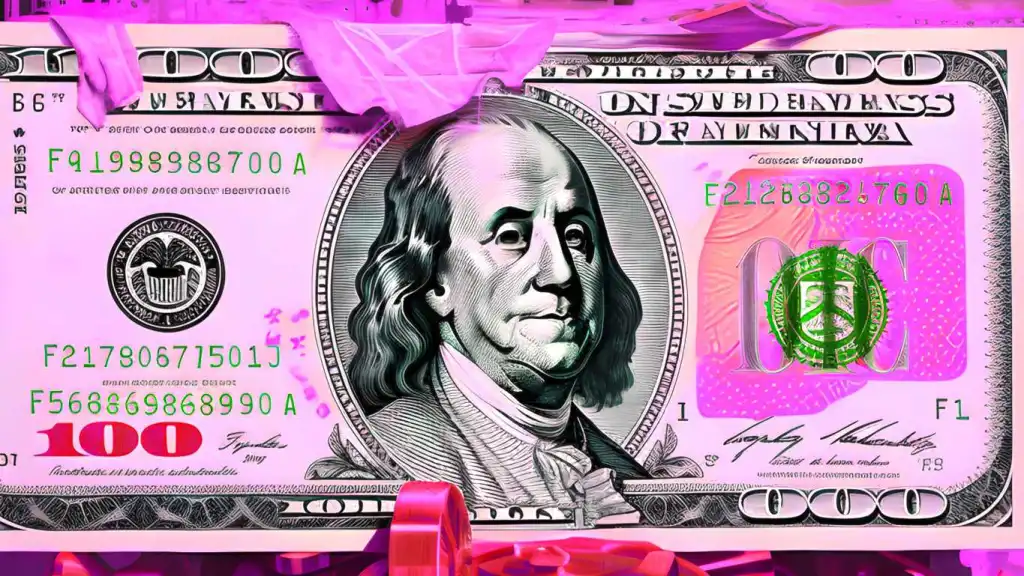
Visa and Mastercard are preparing to pay a massive settlement to US bank customers over controversial ATM fees. The settlement will resolve allegations that the payment giants conspired with JPMorgan Chase, Wells Fargo, Bank of America and other unnamed lenders to keep ATM surcharges artificially high. Specifically, Visa and Mastercard are accused of colluding with […]
The post $197,500,000 To Be Handed To Customers at JPMorgan Chase, Wells Fargo, Bank of America and Other US Lenders in Massive Visa and Mastercard Settlement appeared first on The Daily Hodl.
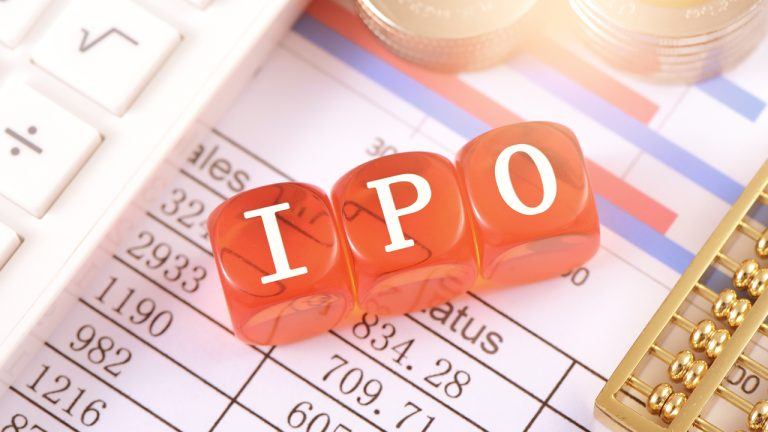 Fold Inc., a bitcoin financial services firm, is set to go public through a merger with FTAC Emerald Acquisition Corp., a special purpose acquisition company (SPAC). The transaction, expected to close in the fourth quarter of 2024, will see Fold listed on Nasdaq under a new ticker symbol. Fold to Go Public Through Merger with […]
Fold Inc., a bitcoin financial services firm, is set to go public through a merger with FTAC Emerald Acquisition Corp., a special purpose acquisition company (SPAC). The transaction, expected to close in the fourth quarter of 2024, will see Fold listed on Nasdaq under a new ticker symbol. Fold to Go Public Through Merger with […]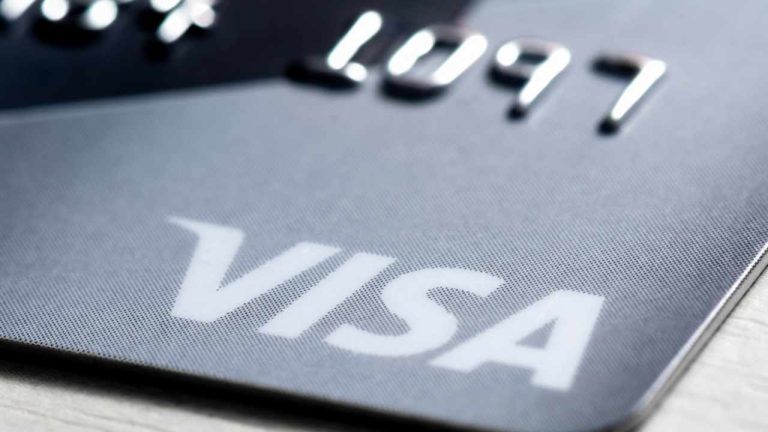 Wirex and Visa have partnered to launch Wirex Pay, aiming to bring seamless crypto payments to millions of merchants worldwide, enhancing accessibility and convenience. “This partnership is set to revolutionize the way we use digital assets,” said Wirex Pay, emphasizing that Wirex and Visa are teaming up to “drive innovation in web3 payments.” Wirex and […]
Wirex and Visa have partnered to launch Wirex Pay, aiming to bring seamless crypto payments to millions of merchants worldwide, enhancing accessibility and convenience. “This partnership is set to revolutionize the way we use digital assets,” said Wirex Pay, emphasizing that Wirex and Visa are teaming up to “drive innovation in web3 payments.” Wirex and […]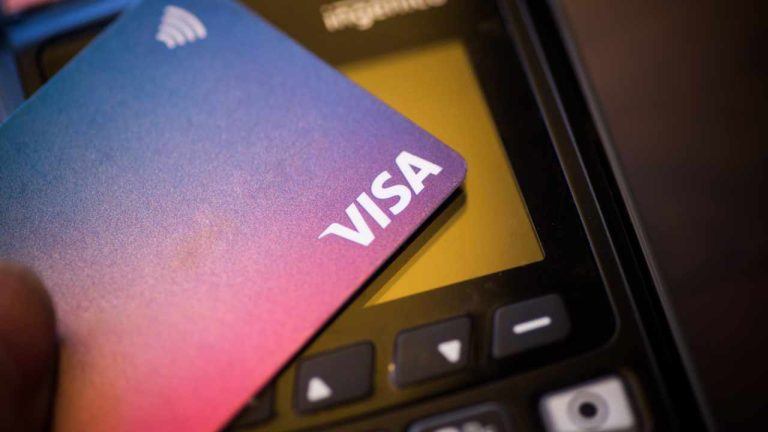 Hardware wallet firm Tangem AG is collaborating with Visa to launch a self-custodial payment solution. This collaboration introduces a Visa payment card integrated with a hardware wallet, allowing Tangem users to make payments using their crypto or stablecoin balances at any Visa-accepting merchant across Europe. Unlike traditional custodial solutions, Tangem’s card embeds a private key […]
Hardware wallet firm Tangem AG is collaborating with Visa to launch a self-custodial payment solution. This collaboration introduces a Visa payment card integrated with a hardware wallet, allowing Tangem users to make payments using their crypto or stablecoin balances at any Visa-accepting merchant across Europe. Unlike traditional custodial solutions, Tangem’s card embeds a private key […]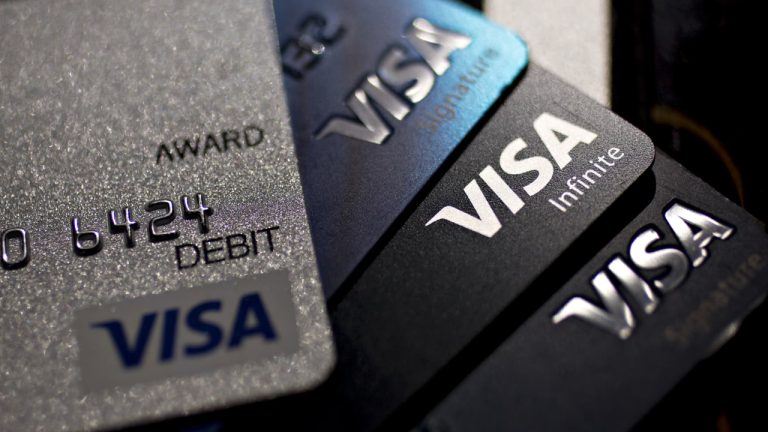 Pyypl, a fintech company operating in the Middle East and Africa (MEA), has partnered with Visa to introduce virtual and physical prepaid Visa cards via its mobile app. This strategic collaboration aims to enhance financial inclusion across the region, providing underserved populations with greater access to financial services. The integration of Visa virtual cards will […]
Pyypl, a fintech company operating in the Middle East and Africa (MEA), has partnered with Visa to introduce virtual and physical prepaid Visa cards via its mobile app. This strategic collaboration aims to enhance financial inclusion across the region, providing underserved populations with greater access to financial services. The integration of Visa virtual cards will […]